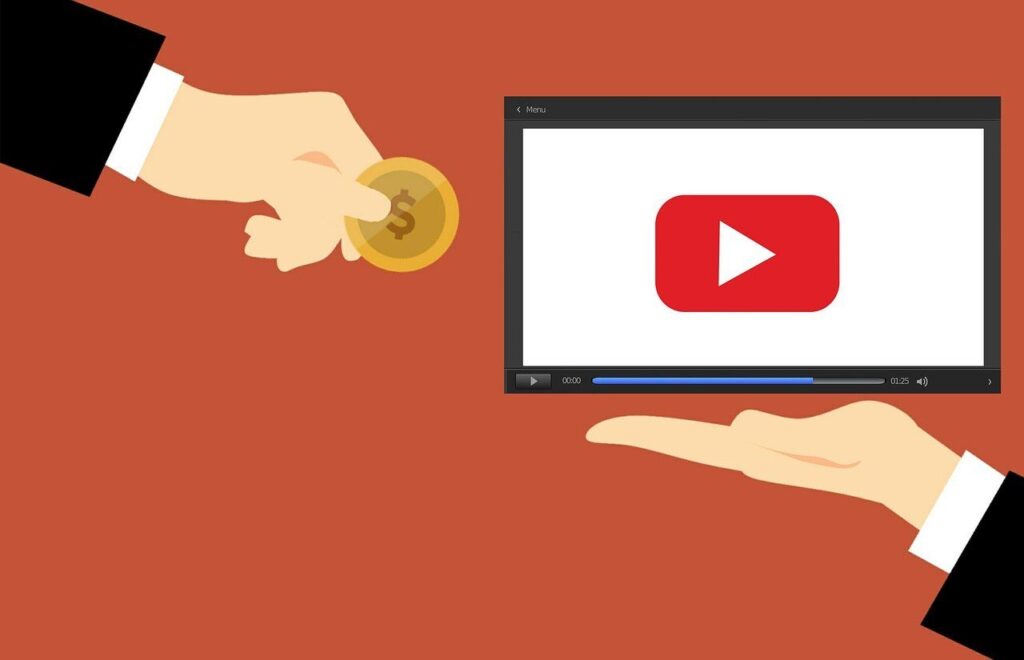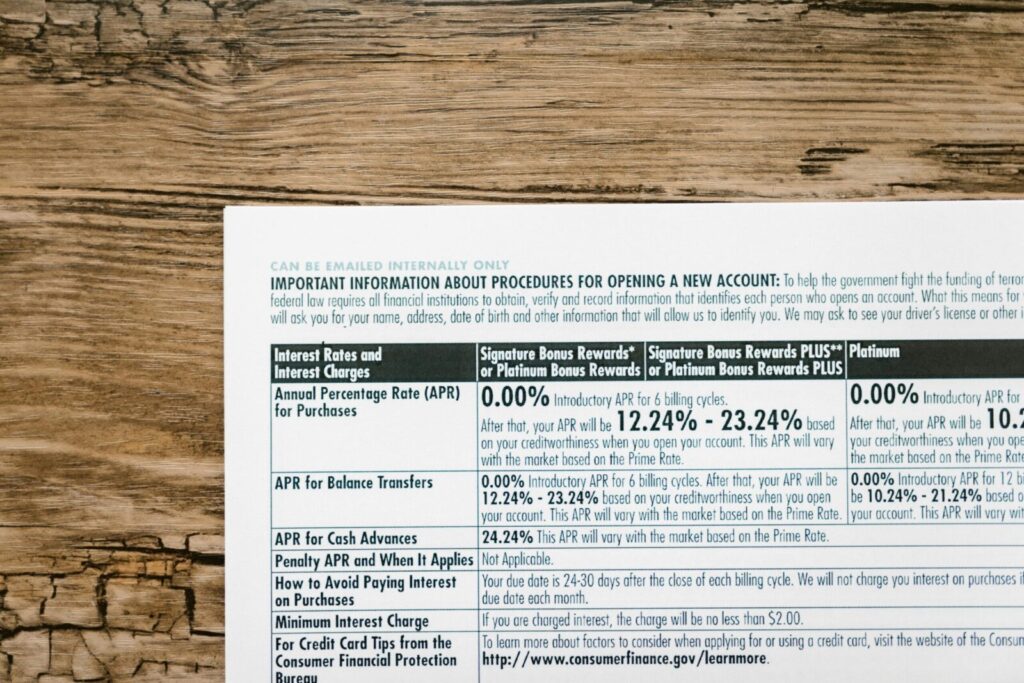Managing money wisely isn’t just about big decisions; it’s often the little, unnoticed costs that quietly chip away at your hard-earned income. You might think you have your budget under control, yet hidden charges and subtle spending habits can slowly drain your wallet without you realizing it. From automatic renewals to casual indulgences that feel harmless in the moment, these minor expenses add up over time and create significant financial leaks. Understanding where these drains occur is the first step toward stopping them and regaining full control over your finances.
1. Subscription Overload

A flood of digital services has made subscriptions easy and convenient, but also dangerously stealthy in their impact. From streaming platforms to monthly software fees and fitness-app access, each service may only cost a small amount. Yet over time, they accumulate into a sizable expense. Often, we sign up for a free trial, forget to cancel, and the fees roll through unnoticed. Regularly auditing your active subscriptions can reveal forgotten items and free up extra margin that you didn’t realize was gone.
2. Unused Gym Memberships or Club Fees

Signing up for a gym or club subscription often feels like a commitment to better habits, but when attendance drops, the membership becomes a silent expense. Monthly fees continue to roll while usage dwindles, turning a health-oriented purchase into budget leakage. Conducting a critical appraisal of your actual usage, switching to pay-as-you-go options, or freezing memberships during low-activity periods can reclaim money quietly lost to under-utilized services.
3. Small Bank Fees and Hidden Charges

While big financial penalties grab attention, smaller bank or credit-card fees often slip by under the radar. Monthly account service charges, maintenance fees, foreign transaction surcharges, and even “paper statement” charges each add up silently. Individually, they may appear insignificant, but cumulatively, they can erode your savings. Reviewing your bank statements carefully each month and switching to fee-free account types can reclaim money lost to these under-appreciated drains.
4. Impulsive Online Purchases

One-click shopping and fast delivery make online purchasing incredibly convenient, but that convenience comes with a cost. A few impulse buys here and there might feel harmless, yet they can accumulate into a substantial expense over time. Because the purchase happens away from conscious budgeting efforts, it often goes unchecked. Implementing a short waiting period before buying non-essential items and keeping a running tally of “fun spending” can help curb the financial bleed caused by impulsive clicks.
5. Overpriced Food and Coffee Runs

The little daily cup of coffee or lunch bought outside may seem minor on its own, but consistency gives these purchases weight. Standing alone, one café stop or meal out isn’t a budget breaker, but when repeated regularly, the cumulative cost mounts. When you multiply the cost by days or weeks, you’ll see meaningful spending that could have stayed in your wallet. Preparing beverages at home or rethinking dining-out routines can interrupt this drain without sacrificing the experience entirely.
Comments